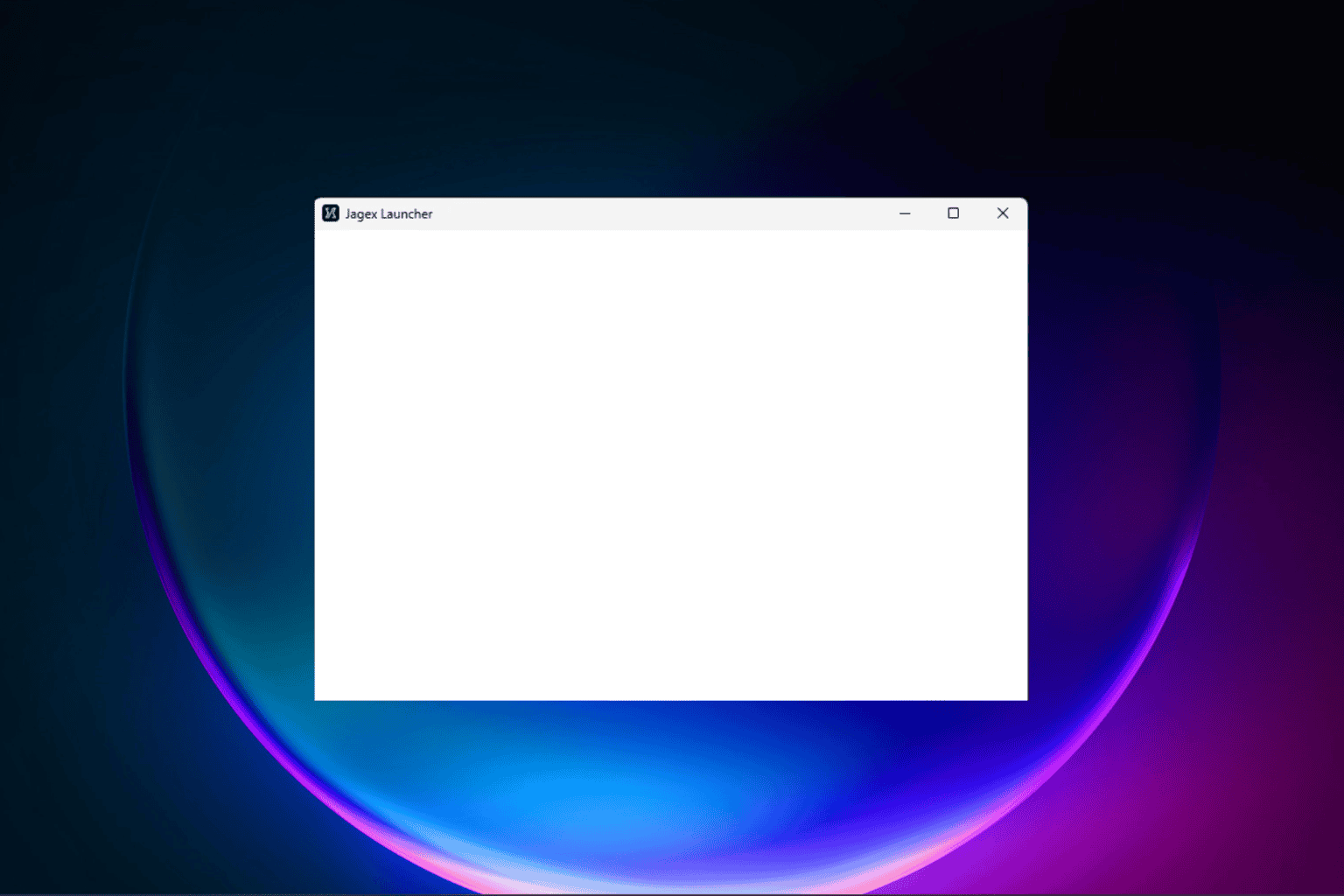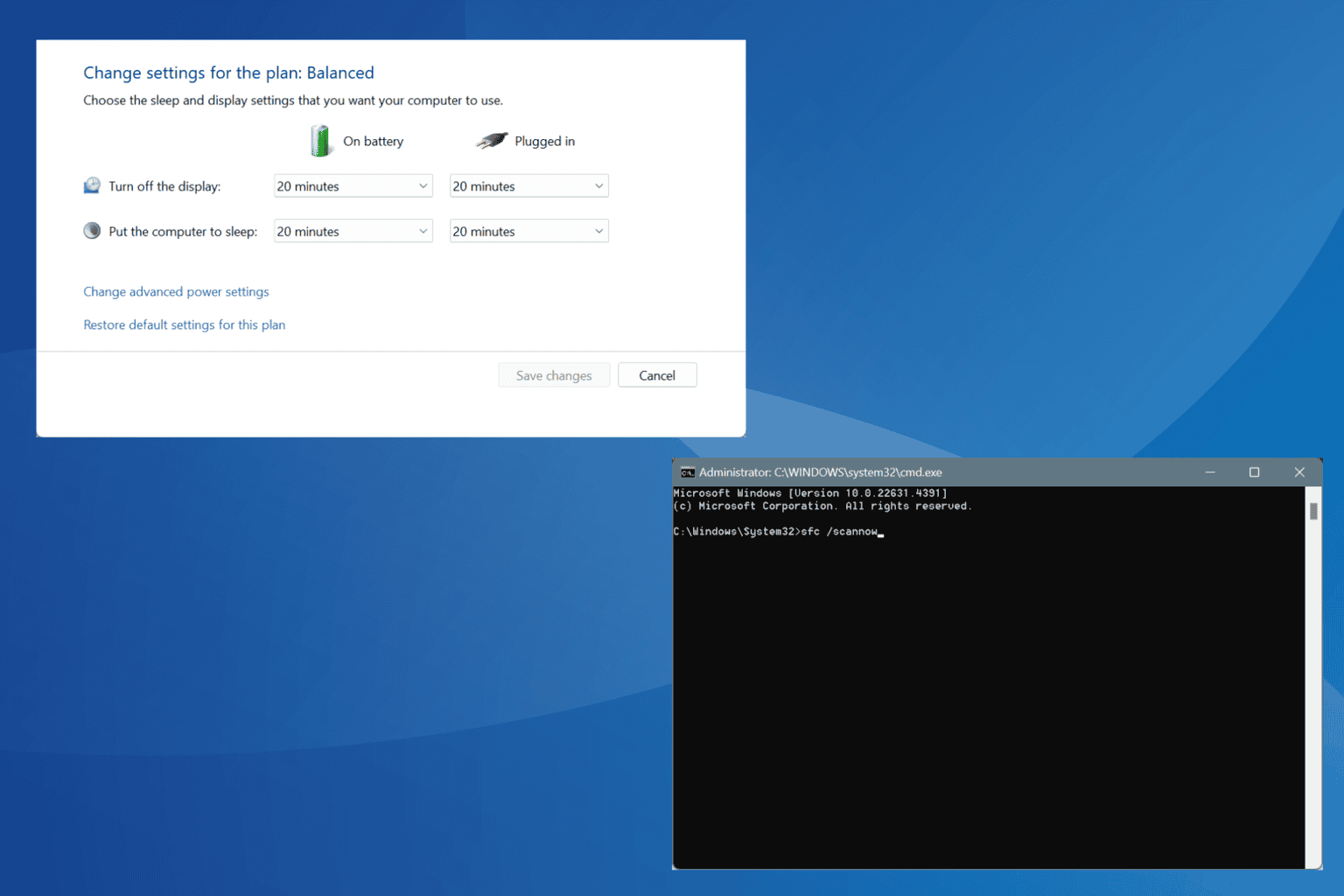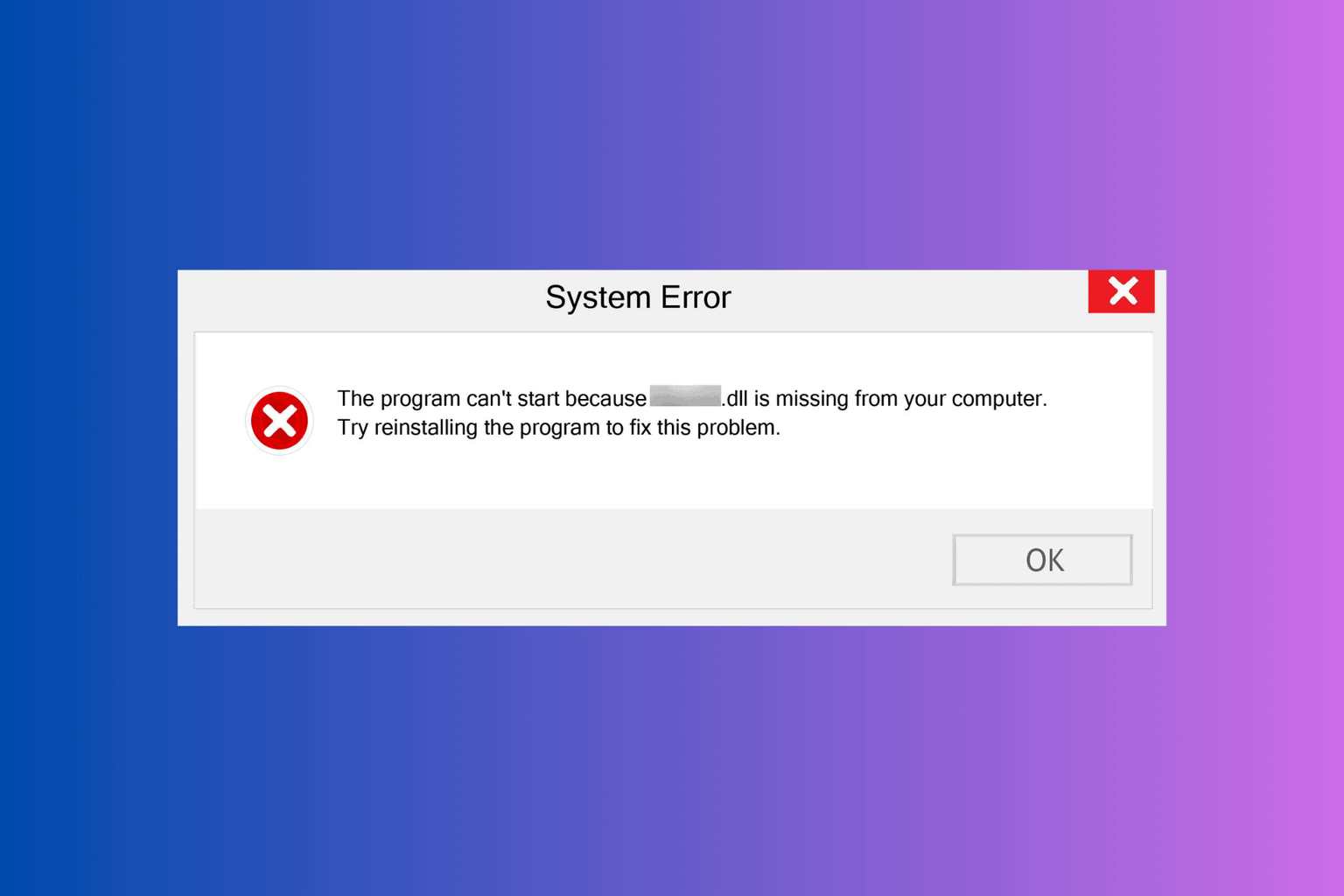Why Microsoft skipping this year's Tokyo Game Show is not that big of a deal
3 min. read
Published on
Read our disclosure page to find out how can you help Windows Report sustain the editorial team. Read more
Microsoft has confirmed that it won’t have an official presence at this year’s Tokyo Game Show though hints at the possibility of an alternate format for delivering news and information on the brand to its local consumers via another method or event to be announced at a later date.
While it’s well known that Microsoft’s Xbox One console is often outsold by Sony’s PlayStation 4 and Nintendo’s WiiU, any speculation that Microsoft’s absence from the Tokyo Game Show is a sign of the company’s withdrawal from Japan is premature. Despite being one of the largest gaming events in Japan, the Tokyo Game Show has nowhere near the equivalent popularity of North America’s E3. Also, companies that are remarkably successful in Japan, such as Nintendo, have never had an official presence at the show either, so involvement with the show shouldn’t be overanalysed as a sign of strength or weakness. There’s also the fact that this isn’t the first time Microsoft has refrained from appearing at the Tokyo Game Show in an official capacity and the company could always return for future shows (as they have done numerous times in the past).
It will be a shame to not see Microsoft at the Tokyo Game Show this year. Their 2014 presence was one of the strongest they’ve ever had and their section of the show floor became very popular with both the press and public visitors.
Tokyo Game Show is similar to E3 but is much smaller in scale. While E3’s main attraction is its massive press conferences where companies reveal new hardware, software and services, Tokyo Game Show features more technical presentations for developers and businessmen and women in the video game industry that offer very little in the way of breaking news and are more for making industry connections than advertising. Any news revealed at the show is often shown to press during one-on-one or small group interviews with game developers and is much more low-key than many Western presentations.
It should be noted that while Microsoft will not be having an official company presence at 2015’s Tokyo Game Show, there will still be plenty of Windows and Xbox One games on display due to the numerous game developers attending.
Microsoft recently reaffirmed their commitment to Japan during a small press conference last month which formally introduced Microsoft Japan’s new Vice President, Takuya Hirano. During his talk to the Japanese press, Takuya Hirano expressed his excitement for the upcoming launch of Windows 10 in Japan and also mentioned the Microsoft Band and HoloLens, both of which have yet to be given any specific launch window for the Japanese market.
What do you think about Microsoft’s strategy for the Xbox One in Japan? Do you think Microsoft taking a year off from the Tokyo Game Show was a bad decision or do you think they could find success in an alternate presentation model, much like Nintendo did with their internet presentations after their withdraw from E3 a few years back? Let us know in the comments below.









User forum
0 messages